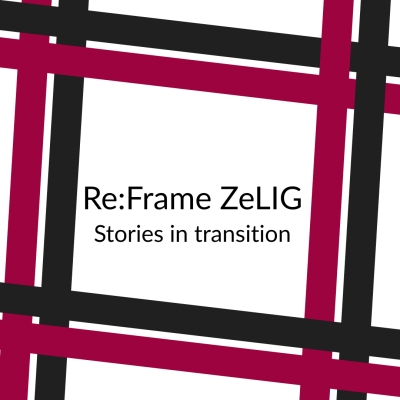This text is written by Emanuele Vernillo, who is Head of the Three – Years Training in Documentary Filmmaking at ZeLIG
The words we most often use in times of change speak of necessity: the need to renew, to make space for what is new, to set ourselves in motion and move forward. At ZeLIG we have chosen to embrace this change by taking up the legacy of a thirty-year journey that remains unique in the landscape of European film education.
We recognize and hold fast to the original intuition: to dedicate ourselves to documentary in its most varied and unexpected forms, where it becomes cinema, art. That intuition still lights our path today. Documentary, in its freest forms—even when it merges with other genres or ventures into non-linear storytelling—offers a rare possibility: to imagine a cinema that is open, flexible, ever-regenerating. A cinema that constantly reinvents its languages, as every true art form and every living industry must. It is no coincidence that series, fiction films, animation, virtual reality, even gaming, draw on the creative force of documentary in order to evolve and move forward.
The change we are experiencing is not a rupture but a continuation, a red thread running through our history. It is the same thread that has always tied us to the world of cinema and its industry: observing, engaging, and at the same time staying rooted in the real—rooted in people, in communities, in the stories around us. We want to keep this spirit alive and project it into the future with renewed energy.
Today, documentary is above all a hybrid form. It is the crossing of boundaries. It is the possibility of new combinations. To walk this path is to embrace an artistic vision that is also political and social. As members of a human community made of different languages, colors, smells, and embraces, we believe that becoming hybrid is a necessary response to the identitarian drifts of these dark times. For us, documentary, auteur cinema, and hybrid forms—linear or non-linear—are resistance, sometimes even of civil resistance, in a world where those in power would rather see us reduced to a single face, a single voice, a flattened identity. We, on the other hand, affirm that we can only save ourselves by mixing. This is the most valuable lesson we have learned in recent years, at ZeLIG and in the world.
|



